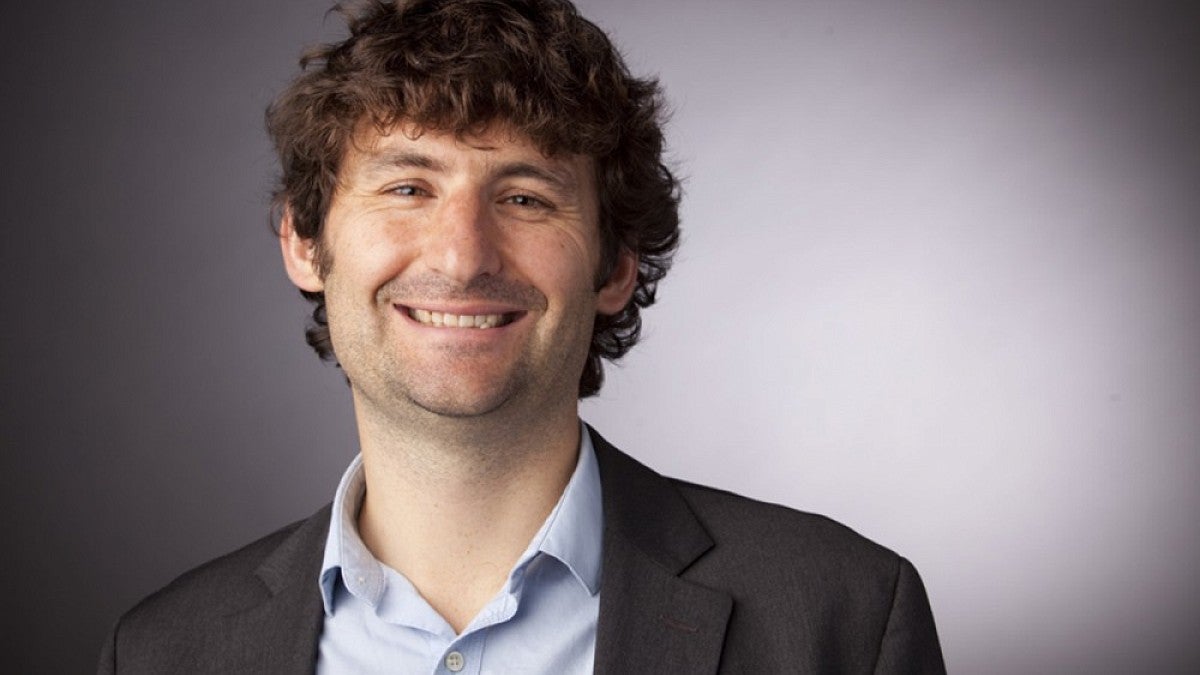UO chemist Shannon Boettcher is among 13 U.S. scientists to win a 2015 Camille Dreyfus Teacher-Scholar Award.
This selection, announced by the Camille and Henry Dreyfus Foundation, recognizes young faculty in the chemical sciences. Dreyfus Teacher-Scholars are chosen in the first few years of their careers, based on their early scholarship and demonstrated commitment to education.
The award to Boettcher comes with an unrestricted grant of $75,000 for his project "Semiconductors, Electrocatalysts and Interfaces in Energy Conversion and Storage."
"It is a tremendous honor to win this very competitive award," said Boettcher, an assistant professor who joined the UO faculty in 2010. "It recognizes the impact that my research group work is having, and the hard work of my graduate students and postdocs in realizing their ideas. The funds will allow our team to explore ambitious new techniques to study fundamental aspects of solar water splitting at the nanoscale. Support from Dreyfus enables us to undertake this high-risk but potentially high-impact research.
Boettcher earned a bachelor's degree in chemistry from the UO in 2003. He returned to Eugene after receiving a doctorate from the University of California, Santa Barbara and completing a postdoctoral fellowship at the California Institute of Technology. Earlier this year he won a 2015 Sloan Research Fellowship from the Alfred P. Sloan Foundation. In 2014, he received a Cottrell Scholar Award from the Research Corporation for Science and Advancement.
Boettcher is the 10th UO winner of the Camille Dreyfus Teacher-Scholar Award since its inception in 1970. Previous winners were Shih-Yuan Liu (2012), Mark Lonergan (2001), Jim Hutchison (1999), Michael Haley (1998), Geri Richmond (1986), Richard G. Finke (1981), David R. Herrick (1979), Michael R. Philpott (1973) and O. Hayes Griffith (1970).
(See the full list of award recipients from 1970 to 2015)
The Dreyfus Foundation was established in 1946 by chemist, inventor and businessman Camille Dreyfus in honor of his brother Henry, with its purpose to advance the science of chemistry, chemical engineering and related sciences as a means of improving human relations and circumstances around the world.
— By Jim Barlow, Public Affairs Communications


